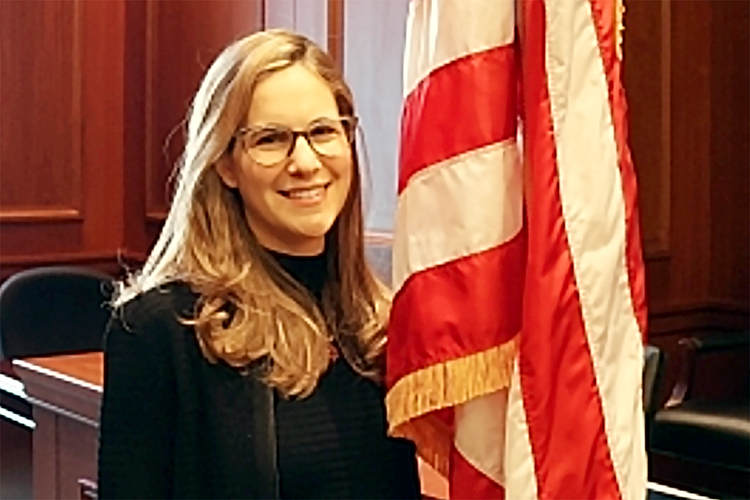Can Patent Holders Buy Off Infringers? Courts Take Another Look
For the second time in three years a case about “reverse payments” is before the 2nd U.S. Circuit Court of Appeals. And this time the New York City-based court may ignore its own binding precedent and do a sharp about-face on the issue.
The last time the 2nd Circuit considered the issue, in In re Tamoxifen Citrate Antitrust Litigation, a three-judge panel allowed a maker of a patented drug to settle an infringement suit by paying off the alleged infringer, which had sought to make a generic version.
Such payments—in stark contrast to ordinary settlement practice where the alleged wrongdoer compensates the patent holder—are common in disputes between patented-drug owners and makers of allegedly infringing generics. The supposed infringer is not merely getting off scot-free but is also getting extremely well-compensated by the supposedly injured party. Reverse pay settlements can run into hundreds of millions of dollars.
According to the Federal Trade Commission, consumer advocates and many antitrust experts, these payments violate antitrust law; critics say they are no more than patent holders buying off their competition.
Yet the courts largely have dismissed this argument. In recent years the 2nd Circuit has joined the Atlanta-based 11th Circuit and the U.S. Court of Appeals for the Federal Circuit in Washington, D.C., in holding that reverse payments are almost entirely exempt from antitrust scrutiny.
Now this interpretation of antitrust law is being challenged in all three branches of the federal government. Under a new president, the Justice Department has changed its position, asserting that reverse payments are presumptively unlawful. Bills in Congress seek to eliminate reverse payments.
Continue reading “The Flip Side of ‘Reverse Payments’” online now in the February issue of the ABA Journal.
Write a letter to the editor, share a story tip or update, or report an error.


